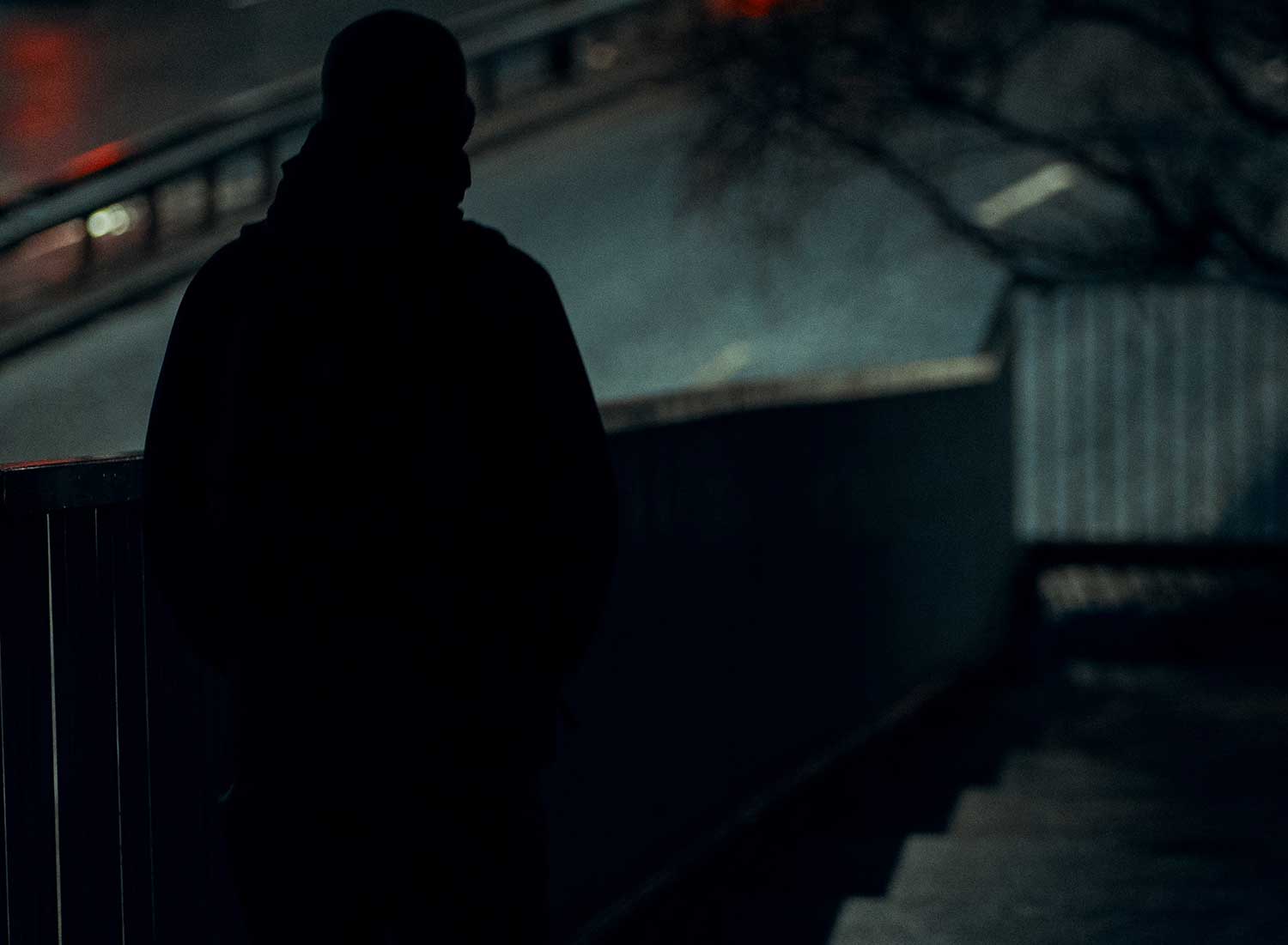If you have shared private images of another person, you may be concerned about the consequences. You are not alone.
In recent months, the number of people looking for advice and assistance with regards to 'revenge porn' has doubled. The online advice pages from Citizens Advice Bureau concerning revenge porn have risen dramatically from 13,000 views in the first half of 2019 to 30, 000 views in the following six-month period. This could be an indication that more and more people are threatening to report incidences of revenge porn with others becoming more concerned about their actions concerning sharing intimate images.
So what is the law in Scotland around revenge porn and what might happen if you have shared private photos without consent?
What is 'revenge porn'?
The Abusive Behaviour and Sexual Harm (Scotland) Act 2016 makes it a criminal offence to share intimate images, videos or other content without consent. It is not a crime, however, for consenting adults to send videos or pictures privately to one another.
The law applies when one party sends privately received images or videos to another person without the consent of the sender. This includes uploading them to any website or social media platform or threatening to do so.
It is also possible for behaviour relating to revenge porn to be prosecuted as domestic abuse because it can be used as a means of controlling a partner or ex-partner. If the personal details of the subject of the images or videos are shared, this may result in harassment.
To be convicted of the offence, you must have intended to cause distress, fear or alarm to the subject of the image or video or have acted recklessly where this was a foreseeable result of your actions.
It is not a crime to share an image or video where it is already in the public domain. For example, when an individual uploads an intimate photo or video to their social media account, it is not a crime to share this.
What type of photos and videos are covered by the Act?
Generally, 'intimate' photos or videos can fall within the scope of the law. Photos or videos are defined as "intimate" if they show:
- An individual performing a private sexual act, or being present during a private sexual act
- Buttocks, breasts or genitals both when exposed or covered by only underwear
Content which falls within the scope may be:
- Digital in format, such as when shared through Facebook Messenger, WhatsApp or Snapchat
- Held on a mobile phone
- In 'hard copy' such as a developed film, polaroid, printed photo or negative
- Stored electronically such as on a hard drive, disk or USB
- Screenshots or other copies of original content
- Enhanced or manipulated digitally. This means that they can be edited in apps such as Photoshop, but not entirely computer-generated.
The law does not cover emails and texts which do not contain images or videos. This means that you cannot be prosecuted under revenge porn law for sharing screenshots of 'sexts'. However, you could be prosecuted under another law, if your actions amount to threatening or abusive behaviour.
Sharing intimate images and consent
Generally, when an intimate image has been sent to you privately, most senders do not wish or expect for the image to be shared. You should treat any photos or videos you receive from a partner as private and should not show them to others or upload them.
You should not force, coerce or blackmail anyone into sending intimate images or videos, as this against the law.
Are there defences available if you are charged with revenge porn?
There is a defence available in revenge porn cases if the subject of the images or videos has consented to them being shared, or where you held 'reasonable belief' that the subject had consented. You will need to be able to provide evidence of this to prove this defence in court.
There is also a defence available where the person in the image or video chose to publicly put themselves in an intimate situation - the most common examples being naked protesters and streakers.
Sharing images of a child under the age of 18
There are specific laws to protect under-18s, and it is a criminal offence to take, share, make or keep an indecent photo which includes a child under the age of 18. If you are aged under 18, and you share an image of another person aged under 18, there is a defence available. 16- or 17-years olds who take and share intimate photos privately are not breaking the law, so long as these are not shared with anyone else.
What to do if you have shared private, intimate photos or video
In the first instance, you should seek the advice of a specialist criminal law solicitor. You may be eligible for legal aid to fund your case.
They will be able to advise you whether you have broken the law, if you are likely to be prosecuted and if there are any defences available to you. If you are charged with an offence related to revenge porn, the police may take away your mobile phone, tablet, laptop or computer to conduct an investigation. We can advise you on your rights and the powers of police during this time. If you are arrested, contact us right away as we can advise you fully, and visit you in custody to discuss your case.
Contact Our Revenge Porn Lawyers in Glasgow, Scotland
Keith Tuck Solicitors are highly experienced criminal law and sexual offences solicitors, including revenge porn. Our lawyers regularly handle sensitive and highly complex cases and handle large amounts of evidence. We provide our high-quality services to both privately funded and Legal Aid clients. We know you may need our advice urgently, and outside of regular office hours, so we operate a 24 hour, seven days a week service. Our criminal solicitors serve Glasgow and the surrounding areas. Call us today on 0141 336 2020 or contact us via our online contact form.






